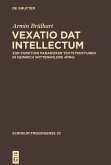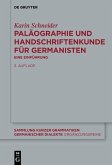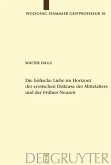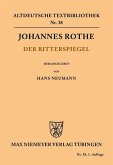Medieval historians and literary scholars have not ignored the topic of sexual violence and rape, but the primary focus has regularly rested on English, French, or Italian documents. Here we have the first book-length study that investigates the treatment of sexual crimes in medieval and early modern German and Latin literature, making great efforts to shed light on often ignored scenes and episodes even in some of the ,classical' works such as Wolfram von Eschenbach's Parzival or the anonymous Nibelungenlied. As this monograph reveals, many times we face situations where we cannot easily determine whether rape has occurred or not. Consequently, we recognize an important discourse in these literary examples concerning the question of how to view and deal with sexual violence, which could also involve men as victims. This critical examination extends toward sixteenth-century jest narratives (Schwänke) where the issue of rape continued to occupy the authors' minds. Moreover, as numerous side glances to contemporary European literature indicate, the theme of sexual violence was of universal concern and critical importance during the entire premodern era.
Dieser Download kann aus rechtlichen Gründen nur mit Rechnungsadresse in A, B, BG, CY, CZ, D, DK, EW, E, FIN, F, GR, HR, H, IRL, I, LT, L, LR, M, NL, PL, P, R, S, SLO, SK ausgeliefert werden.









